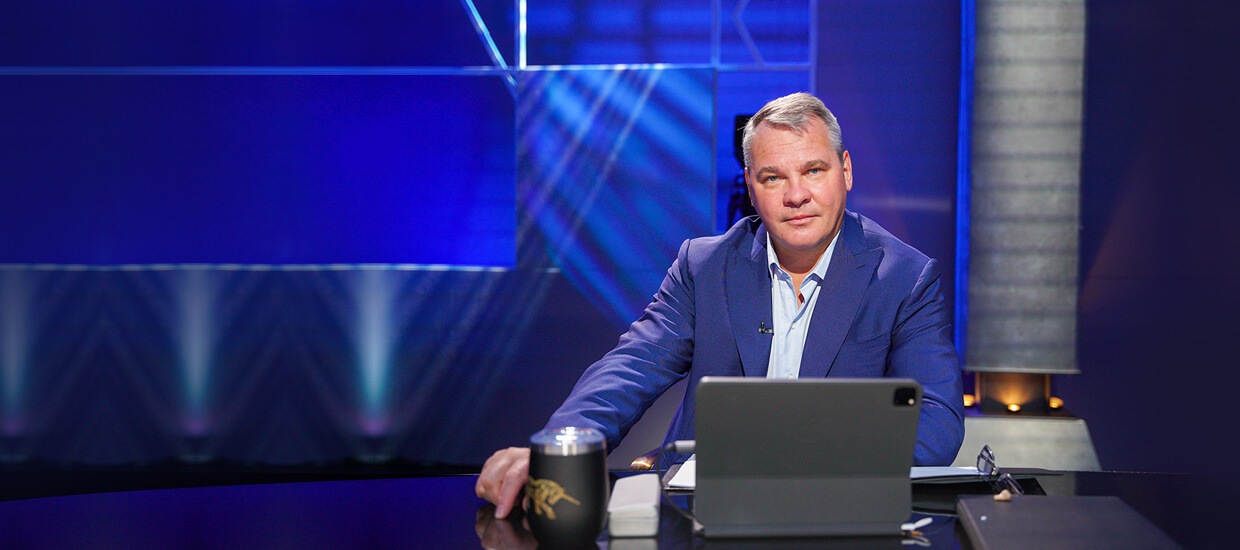Negocios siglo XXI: ¿estar online o ser visible?

Internet ha modificado sustancialmente la relación entre las empresas y los consumidores. Cuáles son las claves para gestionar una presencia online exitosa y no morir en el intento.
La expresión “economía digital” tiene hoy un atractivo innegable. Empresarios, analistas de marketing y apasionados de los negocios y la tecnología la repiten insistentemente con una mezcla de entusiasmo y fanatismo. Sin embargo, resulta fundamental subrayar que la economía digital no es una mera suma de negocios y alta tecnología sino que implica un auténtico cambio de paradigma. Una parte esencial de ese cambio atañe directamente a la visibilidad de marcas y compañías que -en medio de una incesante circulación de información y conocimiento- pugnan para no naufragar en un océano de datos cambiantes.
En el universo online, la batalla para ganar las mentes y los corazones de los “hiper-informados” consumidores del siglo XXI tiene una serie de reglas no escritas de las que es preciso tomar nota. Dicho de otra manera: ya nadie discute la necesidad de ser "visible" en la web. El reto es que esa visibilidad se traduzca en resultados.
Estar y saber estar
El usuario promedio de la web está constantemente enfrentado a datos y estímulos de toda índole: desde publicidades en ventanas emergentes hasta contenidos de entretenimiento que comparten sus contactos. Por si esto fuera poco, el cambio de paradigma al que aludíamos más arriba implica que el consumidor es hoy productor potencial de sus propios contenidos: Internet y las redes sociales no sólo lo han hecho posible sino que hasta lo han hecho divertido.
En este contexto, la pregunta es simple: ¿cómo hacen las empresas para generar y sostener una relación fluida y eficaz con sus consumidores? La respuesta es menos sencilla pero hay al menos cuatro puntos de partida que ningún hombre de negocios debería ignorar.
- En todos y cada uno: las estrategias web corporativas ya no se limitan a tener el "sitio oficial". Es necesario potenciar el mensaje de la marca mediante todos los canales digitales disponibles: blogs, redes sociales, publicidad (en variantes que pueden incluir desde Google AdWords hasta herramientas más recientes como los trending topics patrocinados de Twitter), posicionamiento en buscadores, etc.
- Estar "en la gran conversación": la inserción de una marca en las redes sociales no debe limitarse a decir "aquí estoy". Incluso hay expertos de marketing que sostienen que esa puede ser una estrategia contraproducente: ¿acaso en la vida “real” no nos resultan un poco aburridas las personas que hablan todo el tiempo de sí mismas? Pues bien, en la vida virtual los consumidores valoran más a aquellas marcas que tienen un mensaje más interesante que el "retuiteo" constante de sus promociones.
- Coherencia y adaptación: se puede estar en todas partes y, al mismo tiempo, en ninguna. En términos de eficacia comunicacional en la web, esta frase indica un error bastante frecuente: producir un mismo contenido y replicarlo de forma idéntica en todo tipo de sitios. En verdad, el mensaje puede ser el mismo pero hay que respetar las características de cada herramienta. Incluso las dos redes sociales más populares del momento –Facebook y Twitter– tienen rasgos totalmente distintos y los usuarios se manejan de modo muy diferente en cada una de ellas.
- Qúe se dice de mí: las empresas de hoy no pueden ignorar lo que se dice sobre ellas. Desde la masificación de Internet que motorizaron las redes sociales, cientos de millones de usuarios opinan en la web sobre los productos y servicios que utilizan o utilizarían. Las nuevas formas de socialización hacen que los comentarios –tanto como los "me gusta" o los "retweets" – tengan un enorme poder de viralización. Desde este punto de vista, una acertada presencia online significa interpretar la valoración de los consumidores para ratificar o rectificar las estrategias de marketing propias.
De "online" a visible
Los cuatro ítems descriptos aquí son apenas una guía para entender hasta qué punto la economía digital es mucho más que una situación tecnológica. En rigor, los hombres y mujeres de negocio de este siglo deben comprender que el cambio es sobre todo conceptual. La velocidad de la información y el nuevo rol de los consumidores son variables que no podemos desatender. De lo contrario, nos perderemos de la sutil pero vital diferencia entre estar online y ser efectivamente visibles para millones de consumidores.


